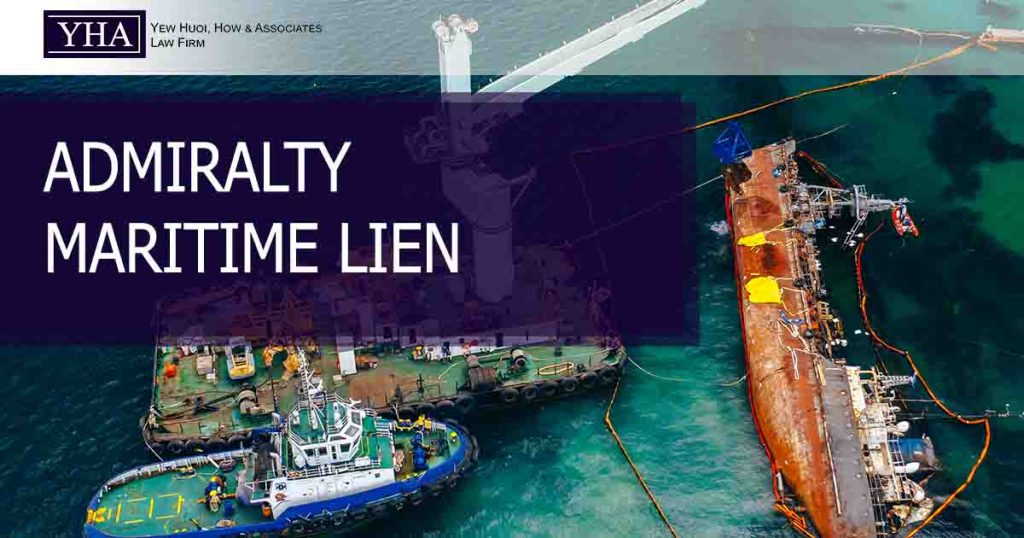Q: What is a Maritime Lien?
- Maritime lien has its origin from civil law i.e. the French Code Civil. It is a concept of maritime law.
- Maritime lien is different from the common law concept of possessory lien. Strictly speaking, there is no possession in maritime lien.
- Rather, maritime lien is a claim or privilege that attaches on a ship regardless of who owns the ship.
- Maritime lien can only be enforced by proceeding in rem irrespective of who owns the ship. In another words, it “travels with the ship into whosoever’s possession”.
Q: What type of claim is classed as Maritime Lien?
There are 6 categories of claim classed as maritime lien as follows:
- Damage done by a ship (eg. collision);
- Salvage;
- Seamen’s wages;
- Bottomry and respondentia (which is no longer applicable in present days);
- Master’s wages; and/or
- Master’s disbursements.
Q: The Americans have 7th category of maritime lien for ship repairer. Can ship repairer enforce maritime lien in Malaysia?
No. As we have earlier stated, maritime lien can only be enforced by proceeding in rem. The categories of maritime lien are governed by the law of which the country the proceeding in rem is brought. If the in rem action is brought in Malaysia, the law on maritime lien in Malaysia applies. This is known as determination by the lex fori (as opposed to lex causae). As the law in Malaysia does not recognize the category of ship repairer having maritime lien, ship repairer cannot enforce their right as maritime lienee in Malaysia.
Q: What is the significant of having a maritime lien?
- Maritime lienee can bring an action in rem against a ship irrespective of who owns the ship at the time when the action in rem is filed.
- Maritime lienee’s claim is ranked above mortgage claim for payment out of claims in admiralty actions in rem. This is one of the top categories in ranking.

